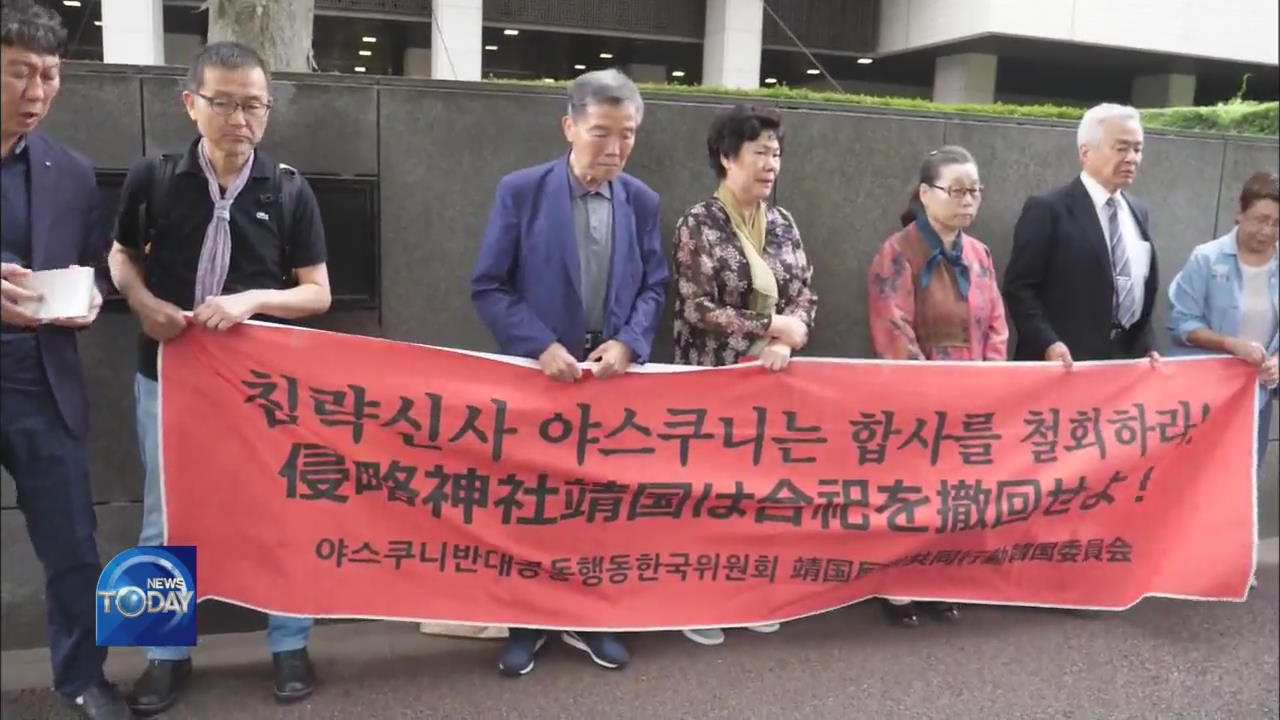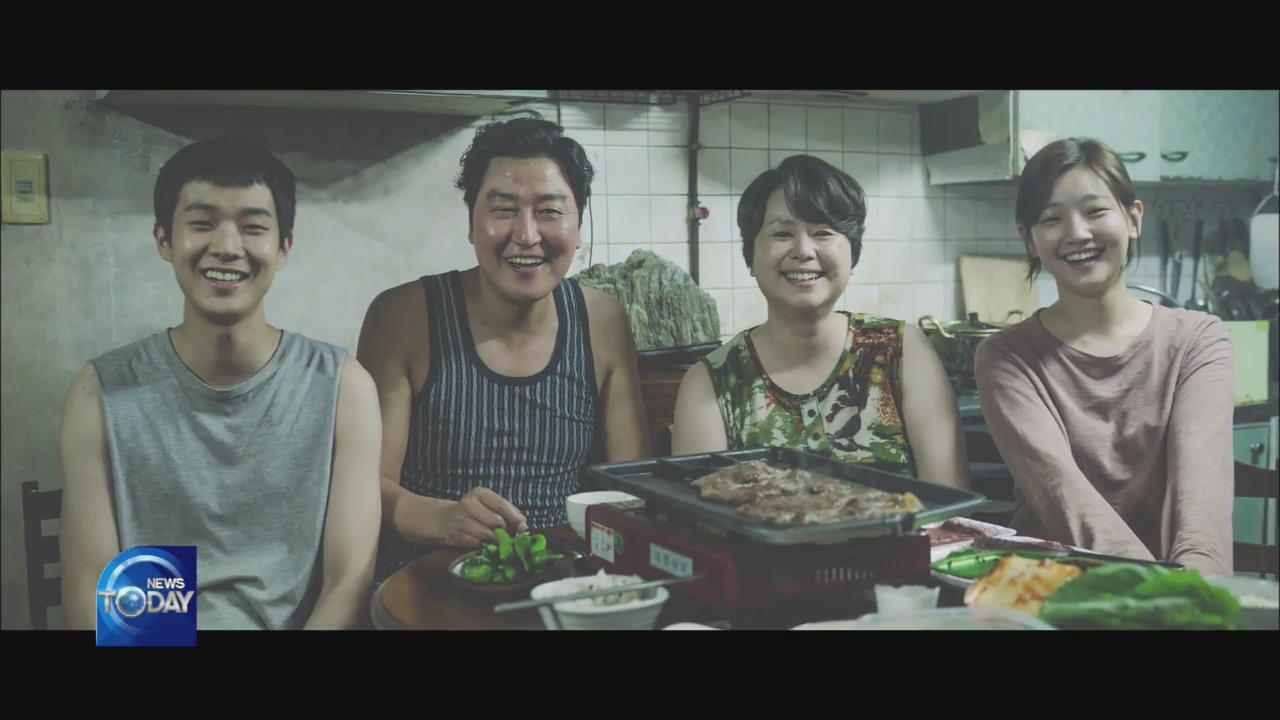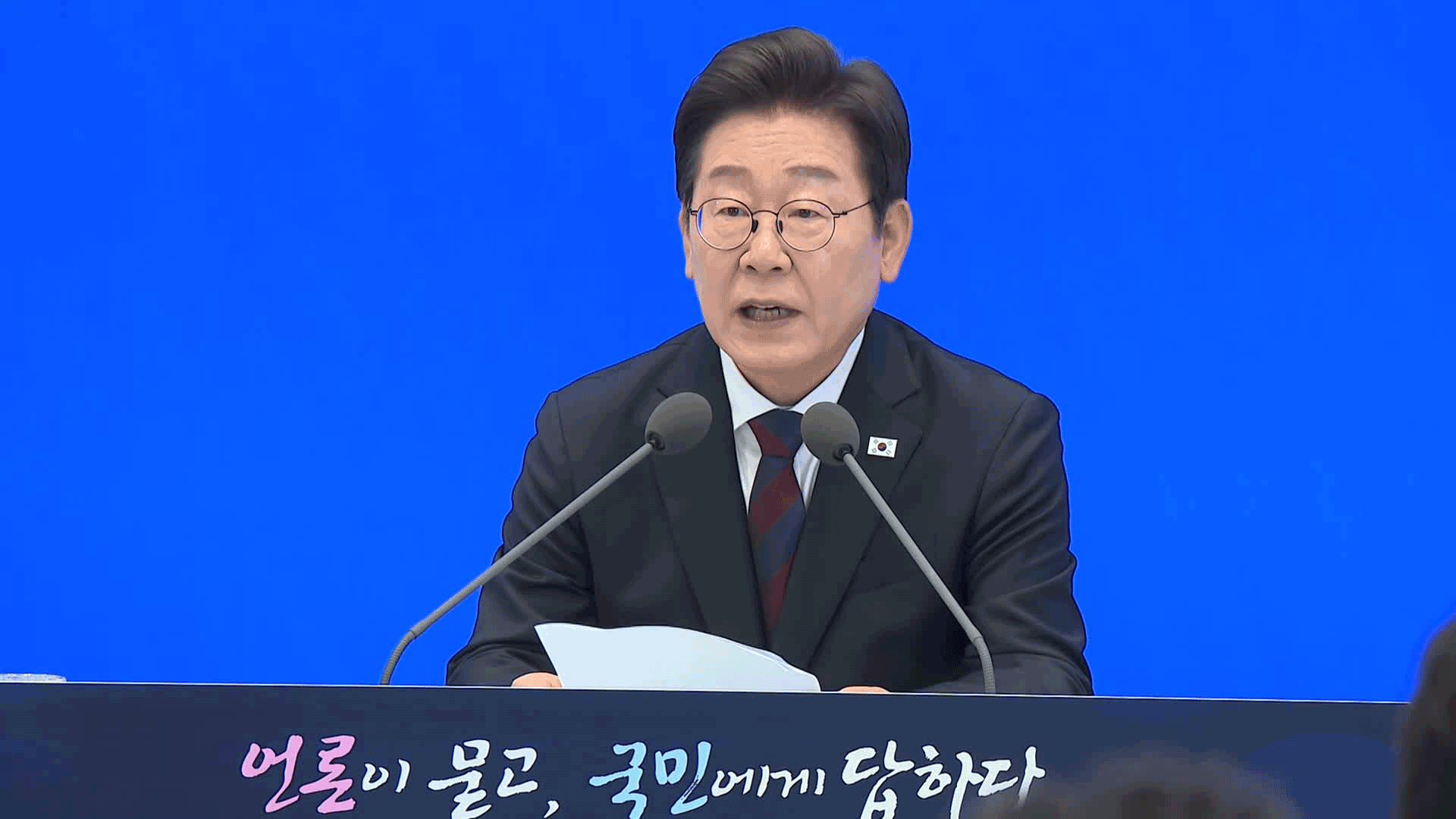YASUKUNI SHRINE LAWSUIT
입력 2019.05.29 (14:57)
수정 2019.05.29 (16:45)
읽어주기 기능은 크롬기반의
브라우저에서만 사용하실 수 있습니다.
[Anchor Lead]
The Yasukuni Shrine in Tokyo is a symbol of Japan's militarist past. But the names of tens of thousands of Koreans who were conscripted during Japanese colonial rule are also listed at the shrine. Their families had filed a lawsuit demanding the removal of the names, but a Japanese court has ruled against it without providing any explanation.
[Pkg]
Over 20-thousand Koreans are believed to be enshrined at the Yasukuni Shrine, a symbol of Japan's imperialist past. Koreans were forced to fight wars for Japan during the colonial period and those who lost their lives are enshrined at the temple as "souls that became deities while fighting for the Japanese emperor." On Tuesday, the Tokyo District Court handed down the ruling in a lawsuit filed in October 2013 by 27 family members of the Koreans, who asked their loved ones' names be removed from the controversial temple. The court dismissed all demands by the plaintiffs without giving an explanation. The families condemned the court ruling.
[Soundbite] PARK NAM-SUN(PLAINTIFF) : "Please for once consider what our family must have gone through. Please remove my father's name as quickly as possible. Why is my father a Japanese?"
A similar lawsuit was filed back in 2007. At the time, the Japanese court also did not side with the Korean plaintiffs in both the first and second trials saying that joint enshrinement is a "religious act." The families who have been assisted by Korean and Japanese civic groups in their legal battle said the latest ruling is unacceptable and vowed to appeal.
The Yasukuni Shrine in Tokyo is a symbol of Japan's militarist past. But the names of tens of thousands of Koreans who were conscripted during Japanese colonial rule are also listed at the shrine. Their families had filed a lawsuit demanding the removal of the names, but a Japanese court has ruled against it without providing any explanation.
[Pkg]
Over 20-thousand Koreans are believed to be enshrined at the Yasukuni Shrine, a symbol of Japan's imperialist past. Koreans were forced to fight wars for Japan during the colonial period and those who lost their lives are enshrined at the temple as "souls that became deities while fighting for the Japanese emperor." On Tuesday, the Tokyo District Court handed down the ruling in a lawsuit filed in October 2013 by 27 family members of the Koreans, who asked their loved ones' names be removed from the controversial temple. The court dismissed all demands by the plaintiffs without giving an explanation. The families condemned the court ruling.
[Soundbite] PARK NAM-SUN(PLAINTIFF) : "Please for once consider what our family must have gone through. Please remove my father's name as quickly as possible. Why is my father a Japanese?"
A similar lawsuit was filed back in 2007. At the time, the Japanese court also did not side with the Korean plaintiffs in both the first and second trials saying that joint enshrinement is a "religious act." The families who have been assisted by Korean and Japanese civic groups in their legal battle said the latest ruling is unacceptable and vowed to appeal.
■ 제보하기
▷ 카카오톡 : 'KBS제보' 검색, 채널 추가
▷ 전화 : 02-781-1234, 4444
▷ 이메일 : kbs1234@kbs.co.kr
▷ 유튜브, 네이버, 카카오에서도 KBS뉴스를 구독해주세요!
- YASUKUNI SHRINE LAWSUIT
-
- 입력 2019-05-29 14:57:43
- 수정2019-05-29 16:45:32

[Anchor Lead]
The Yasukuni Shrine in Tokyo is a symbol of Japan's militarist past. But the names of tens of thousands of Koreans who were conscripted during Japanese colonial rule are also listed at the shrine. Their families had filed a lawsuit demanding the removal of the names, but a Japanese court has ruled against it without providing any explanation.
[Pkg]
Over 20-thousand Koreans are believed to be enshrined at the Yasukuni Shrine, a symbol of Japan's imperialist past. Koreans were forced to fight wars for Japan during the colonial period and those who lost their lives are enshrined at the temple as "souls that became deities while fighting for the Japanese emperor." On Tuesday, the Tokyo District Court handed down the ruling in a lawsuit filed in October 2013 by 27 family members of the Koreans, who asked their loved ones' names be removed from the controversial temple. The court dismissed all demands by the plaintiffs without giving an explanation. The families condemned the court ruling.
[Soundbite] PARK NAM-SUN(PLAINTIFF) : "Please for once consider what our family must have gone through. Please remove my father's name as quickly as possible. Why is my father a Japanese?"
A similar lawsuit was filed back in 2007. At the time, the Japanese court also did not side with the Korean plaintiffs in both the first and second trials saying that joint enshrinement is a "religious act." The families who have been assisted by Korean and Japanese civic groups in their legal battle said the latest ruling is unacceptable and vowed to appeal.
The Yasukuni Shrine in Tokyo is a symbol of Japan's militarist past. But the names of tens of thousands of Koreans who were conscripted during Japanese colonial rule are also listed at the shrine. Their families had filed a lawsuit demanding the removal of the names, but a Japanese court has ruled against it without providing any explanation.
[Pkg]
Over 20-thousand Koreans are believed to be enshrined at the Yasukuni Shrine, a symbol of Japan's imperialist past. Koreans were forced to fight wars for Japan during the colonial period and those who lost their lives are enshrined at the temple as "souls that became deities while fighting for the Japanese emperor." On Tuesday, the Tokyo District Court handed down the ruling in a lawsuit filed in October 2013 by 27 family members of the Koreans, who asked their loved ones' names be removed from the controversial temple. The court dismissed all demands by the plaintiffs without giving an explanation. The families condemned the court ruling.
[Soundbite] PARK NAM-SUN(PLAINTIFF) : "Please for once consider what our family must have gone through. Please remove my father's name as quickly as possible. Why is my father a Japanese?"
A similar lawsuit was filed back in 2007. At the time, the Japanese court also did not side with the Korean plaintiffs in both the first and second trials saying that joint enshrinement is a "religious act." The families who have been assisted by Korean and Japanese civic groups in their legal battle said the latest ruling is unacceptable and vowed to appeal.
이 기사가 좋으셨다면
-
좋아요
0
-
응원해요
0
-
후속 원해요
0










![[HEADLINE]](https://news.kbs.co.kr/data/news/2019/05/29/4211092_10.jpg)



![[단독] 도이치 주포 “김건희, 내 덕에 떼돈 벌어…22억 원 주문”](/data/news/2025/07/03/20250703_KpuU43.png)
![[단독] “쪽지 얼핏 봤다, 안 받았다”더니…CCTV에선 문건 챙긴 이상민](/data/news/2025/07/03/20250703_Lv3LjI.png)

이 기사에 대한 의견을 남겨주세요.